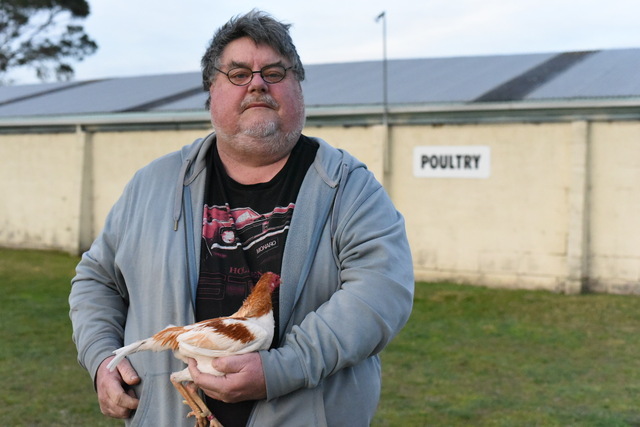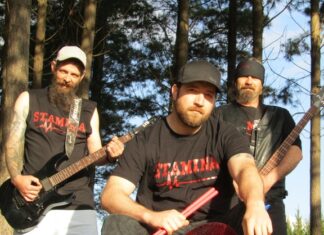Bird flu response supported

Digital Edition
Subscribe
Get an all ACCESS PASS to the News and your Digital Edition with an online subscription
Hear to Entertain across the region
Friday, February 20
Dave Blackett, The Commercial Hotel, Mount Gambier/Berrin, 8pm
Macey Singles Launch, TV Therapy, Stonewalls, The Bellum Hotel, Mount Schank, 8.30pm
Daniel Formosa + Imahgen...







